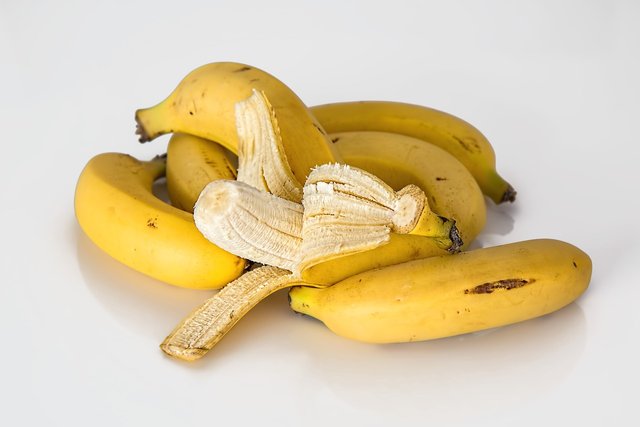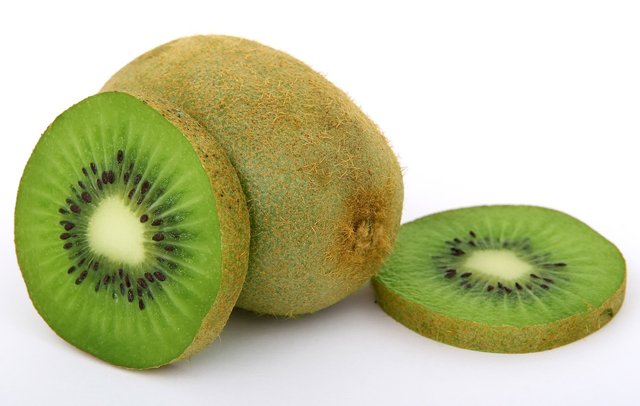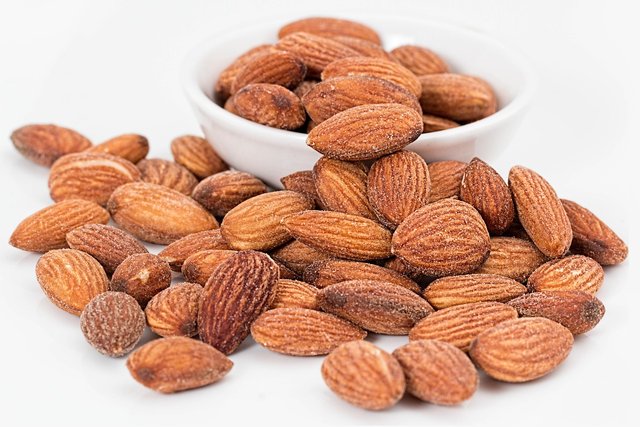In our fast-paced modern world, many individuals struggle with insomnia and poor sleep patterns.
While medication is an option, some natural remedies can help improve sleep quality, and one of these remedies is found in your kitchen - fruits and vegetables.
These nutrient-rich foods offer a variety of vitamins, minerals, and antioxidants that can support better sleep and help manage insomnia.
1. Cherries: A Melatonin Marvel

Cherries are often dubbed "nature's sleeping pill" due to their high melatonin content. Melatonin is a hormone that regulates the sleep-wake cycle. Consuming cherries or cherry juice before bedtime can boost melatonin levels and promote a sense of relaxation, helping you fall asleep faster and enjoy deeper, more restorative sleep.
2. Bananas: A Source of Sleep-Inducing Nutrients

Bananas are a convenient and nutritious option for those seeking better sleep. They contain several sleep-inducing nutrients, including magnesium, potassium, and vitamin B6. Magnesium relaxes muscles and nerves, while potassium can prevent nighttime leg cramps. Vitamin B6 aids in the production of melatonin. Snacking on a banana a couple of hours before bedtime can help prepare your body for a more peaceful night's rest.
3. Kiwi: The Sleep Superfood

Kiwi is a sleep superfood packed with sleep-promoting compounds. It's an excellent source of vitamin C, vitamin K, and folate, all of which contribute to a better sleep environment. But what truly sets kiwi apart is its high serotonin content. Serotonin is a neurotransmitter that regulates sleep and mood. A study has shown that eating two kiwis before bedtime can help improve sleep duration and quality.
4. Leafy Greens: The Magnesium Powerhouse

Dark, leafy greens like spinach, kale, and Swiss chard are rich sources of magnesium. Magnesium is a mineral that plays a crucial role in relaxing the muscles and calming the nervous system. A magnesium deficiency can lead to sleep problems and insomnia. Incorporating more leafy greens into your diet can help address this deficiency and promote better sleep.
5. Sweet Potatoes: Stable Blood Sugar for Sound Sleep

Sweet potatoes are complex carbohydrates that can help stabilize blood sugar levels throughout the night. Blood sugar spikes and crashes can disrupt sleep, leading to nighttime awakenings. Sweet potatoes release their energy slowly, preventing these disruptions and providing a steady source of fuel to the brain during the night. This can lead to more uninterrupted and restful sleep.
6. Almonds: A Nutty Way to Nod Off

Almonds are a rich source of magnesium and also contain sleep-promoting protein and healthy fats. A small handful of almonds as an evening snack can help regulate your sleep pattern. The combination of magnesium and protein can keep your blood sugar steady and provide the amino acid tryptophan, which is a precursor to melatonin and serotonin.
7. Celery: Hydration for Hyposomnia

Dehydration can lead to fragmented and shallow sleep. Celery, with its high water content, can help you stay hydrated throughout the night. Snacking on celery sticks before bedtime can ensure you're well-hydrated, preventing sleep disruptions caused by waking up thirsty.
8. Herbal Teas: Chamomile and Lavender Infusions

While not fruits or vegetables, herbal teas made from plants like chamomile and lavender can be an excellent addition to your bedtime routine. Chamomile tea is known for its calming and sedative properties, while lavender tea can help reduce anxiety and promote relaxation. Enjoy a warm cup of one of these teas in the evening to prepare your body and mind for a peaceful night's sleep.
Incorporating these sleep-boosting fruits, vegetables, and herbal teas into your diet can be a natural and effective way to manage insomnia and improve the quality of your sleep.
However, it's essential to remember that individual responses to foods can vary, and making dietary changes alone might not solve chronic sleep issues. If insomnia persists, consider consulting a healthcare professional or sleep specialist for a comprehensive evaluation and tailored treatment plan.
Read More: https://sites.google.com/view/wellness-for-your-health